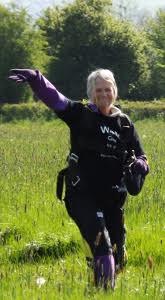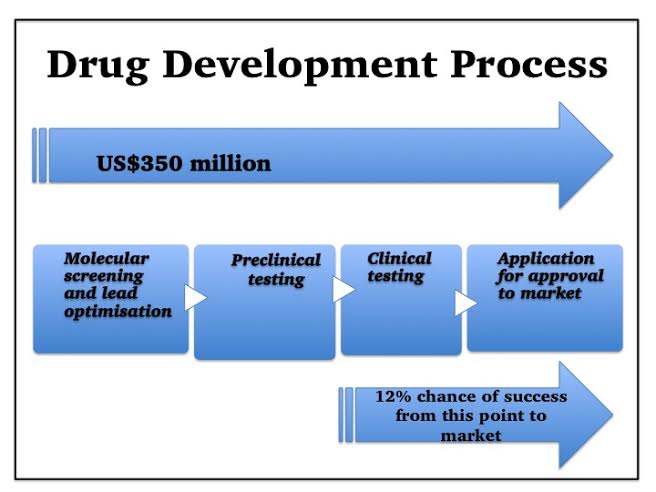 When someone decides to go on a health kick there is usually a reason why. A health scare, a baby on the way, or maybe seeing a picture of themselves and thinking they need to lose a few pounds. My first health kick started when I was trying to get pregnant with my firstborn four years ago. A back injury had left me overweight and I had irregular periods. I was about to get married. In total I lose twenty-two pounds. Everybody thought I did it for the wedding pictures but, no, I did it for the blue-eyed boy I have now.
When someone decides to go on a health kick there is usually a reason why. A health scare, a baby on the way, or maybe seeing a picture of themselves and thinking they need to lose a few pounds. My first health kick started when I was trying to get pregnant with my firstborn four years ago. A back injury had left me overweight and I had irregular periods. I was about to get married. In total I lose twenty-two pounds. Everybody thought I did it for the wedding pictures but, no, I did it for the blue-eyed boy I have now.
I got pregnant almost immediately. My second health kick happened when, you guessed it!, I started trying for baby number two. I lost less weight this time because I switched up my training, but I become the healthiest I have ever been and my body looked amazing. She took her time but nine months later I was pregnant again. Becoming a parent has made me health conscious. I want to be around to see my children grow up and take care of them. While consistency is still something I am working on, here are five things that helped me lose weight and get super fit.
1: I tracked what I ate.
I recommend everyone tracks what they eat. Even if it is just for a few weeks. The results will be shocking. We all underestimate how many calories we take in. You will also probably be horrified about how much sugar you consume. Healthy eating is hard. I was horrified that I was doing the classic mummy thing of allowing myself chocolate because I deserved it after a hard day. What I really deserved was to respect my body and not to load it up with sugar everyday. One day I had consumed over 100 grams of sugar. The recommended daily allowance is 30 grams! MyFitnessPal or Lose It! are great apps for your phone to make tracking easy. You can also find out if you are having enough protein, fibre and carbs.
2: I exercised.
There are two kinds of people in this world: those who exercise and those who lie and say they have no time. Don’t be the latter. I love Fitness Blender and PopSugar. Both are on YouTube. Saying you hate exercise is like saying you hate food. You just have to find the kind that you like. The amazing Joe Wicks does Fit in 15. Excellent fifteen minute cardio workouts. You can forty-five minutes a week. Everybody can.
3: I made little lifestyle changes.
I gave up having sugar in my tea. Yes, I hated it at first but my taste buds changed and now I hate the taste of sugar in tea. I also made sure I upped my veg and fruit intake. Five-a-day is a minimum.
4: I stayed active.
The school run helps me to stay active. That and running around after my toddler. Walk more, do more housework or even just dance in the kitchen. Sitting down a lot leads to an early death.
5: I educated`myself.
There is a wealth or resources to help you stay healthy and fit. The NHS.co.uk has a huge amount of information about losing weight and getting fit. YouTube.co.uk has every kind of exercise video you can think of, plus talks on health. I love Women’s Health magazine and I also listen to podcasts. Channel 4 also have a great series called How To Lose Weight Well. It is important to keep looking for inspiration and new things. Losing weight and getting fit is only the beginning. Staying fit and heathy is just as hard.
I will share more things that inspire me and help me on my way to wellness. Good luck and please feel free to get in touch. I am on Twitter @Balavage or @Frostmag
Please note I am not a doctor or a medical professional. This article is about my experience.









